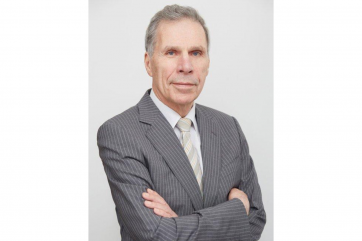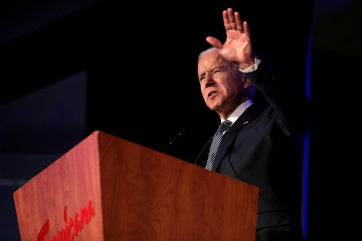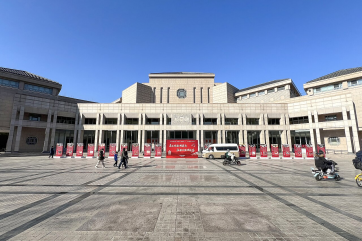Hopkins Medicine's Diversity Chief Steps Down Following Criticism of Privileged Groups
By Joy LiwanagThe resignation of Dr. Sherita Golden, vice president and chief diversity officer of Johns Hopkins Medicine, has stirred controversy following criticism of a newsletter she authored in January. In the newsletter, Golden defined "privilege" and identified specific social groups she deemed privileged, sparking a conservative backlash.
(Photo : WIKIMEDIA COMMONS / JohnD'Alembert)
Golden's newsletter, which circulated internally within Johns Hopkins Medicine, aimed to address issues of diversity, equity, and inclusion (DEI) within the institution. However, her characterization of privilege as benefiting certain social groups, such as white people, heterosexuals, men, cisgender individuals, and Christians, drew sharp criticism from conservative figures and media outlets.
Political Response and Institutional Reaction
The newsletter gained attention after it was publicized by various conservative figures and platforms, including U.S. Representative Andy Harris, Donald Trump Jr., and Elon Musk. Criticism mounted, with Harris labeling Golden's memo as "racist" and calling for her termination. In response, Hopkins Medicine leaders Dr. Theodore DeWeese and Kevin Sowers condemned Golden's comments, stating they were contrary to the institution's values.
While some faculty and staff expressed support for Golden and criticized Hopkins Medicine's response, others echoed concerns about the impact of Golden's language on inclusivity within the institution. Despite the controversy, Golden issued an apology, acknowledging the unintended negative consequences of her newsletter's language.
READ ALSO: Harvard President Claudine Gay's Resignation Sparks Debates on Free Speech and Academic Integrity
Support and Fallout
Despite the backlash, Golden received support from some faculty and staff, with petitions launched in her defense. However, her resignation has left a void within the institution, according to the Black Faculty and Staff Association for Johns Hopkins, which expressed disappointment in the institution's response to the situation. The association emphasized Golden's departure as a loss for both Johns Hopkins University and the communities it serves, highlighting the need for ongoing efforts to address diversity, equity, and inclusion.
The aftermath of Golden's resignation underscores the complexities and sensitivities surrounding discussions of privilege and diversity in academic and institutional settings. As institutions grapple with these issues, the incident serves as a reminder of the challenges and controversies inherent in promoting inclusivity and navigating divergent perspectives on social issues.
Moving forward, Johns Hopkins Medicine may face continued scrutiny over its handling of DEI initiatives and its commitment to fostering an inclusive environment. The controversy surrounding Golden's resignation may prompt broader discussions within the institution and the wider academic community about the boundaries of free speech, the role of diversity officers, and the challenges of addressing systemic inequities in healthcare and academia.
Broader Implications and Future Directions
Golden's resignation has sparked broader conversations about the intersection of free speech, diversity, and institutional values. It has also reignited debates about the role of diversity officers in shaping institutional culture and addressing systemic inequalities. Moving forward, institutions like Johns Hopkins Medicine may need to reevaluate their approaches to DEI initiatives to ensure they promote inclusivity while navigating differing perspectives and criticisms.
RELATED ARTICLE: US Universities Are Too Woke, Chief Political Reporter Brendan O'Neill Says








